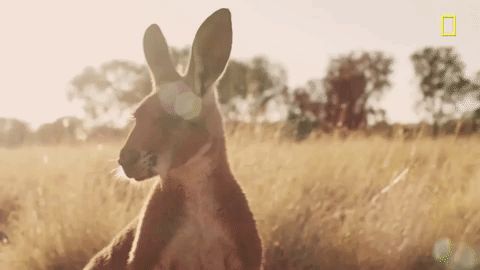

PodMov Daily: Wednesday, September 15
Episode 504: Your Midweek Update

In Case of Emergency, Who Will Tell Your Listeners?
In an ideal world, podcasters would be able to communicate an emergency absence in advance. In Podcast Pontifications, Evo Terra brings up important questions: “How well are you prepared for that inevitable day? How much thought have you given to what you can do when the thing that you do you can do no more?”
The good news is that podcasting is a less-than-critical part of most creators’ lives, in the grand scheme of things. (“Whatever has happened that is keeping you from talking to your audience is likely a Very Big Deal. A much bigger deal than, say, updating your podcast.”) However, it may be wise to set up a plan of communication.
Terra lists a few audiences to consider, including those who watch on YouTube or subscribe to your show’s newsletter. On a related note, awkward topics are a great equalizer: ‘The Podcast Lawyer’ Gordon Firemark recently stopped by School of Podcasting to answer, “What happens to your podcast when you die?”
AI Voice Cloning Will Soon Be Available to Everyone
AI voice cloning is “quick, easy, and uncannily good.” James Vincent of The Verge takes a look at the technology being refined by dozens of startups. He thinks most of the public will have access in the near future. For example, Descript’s Overdub audio editing tool is one of many variations on the market.
The first time Vincent tried Overdub was a “genuinely uncanny moment,” like hearing an almost-identical future self. “Life is already full of digital mirrors — of avatars and social media feeds that are supposed to embody “you” in various forms — so why not add a speaking automaton to the mix?”
After about 30 minutes of recording the training data, AI is able to synthesize something that’s “unmistakably you.” Meanwhile, voice clones are being used for major documentaries (with mixed reception), effortless celebrity-voiceover licensing, and countless untold cybercrimes. Vincent gets the rest of us up to speed.

Listen App, the First Event Platform for Podcasters
While it was inspired by podcasters, social audio wasn’t built for them. Listen App brings the strengths of social audio to podcasting, while keeping community engagement front and center. It’s the first event platform dedicated to podcasters, their listeners, and what keeps them connected.
Instead of measuring downloads or live-room participants, Listen App allows creators to succeed through impact. Listener clubs can be free or paid through subscription-based monetization, an effective model for large and niche shows alike. The type and frequency of events is up to the creator’s imagination.
Podcast listeners want to engage live with their favorite creators, not an algorithm. Listen App has no ads or intrusive data collection — just a beautiful interface for meaningful conversations. On the web, iOS, or Android, it’s easy to meet fans where they are.
Here's what else is going on:
- Business casual: LinkedIn plans to test a Clubhouse-style audio feature in the coming weeks, reports Ingrid Lunden of TechCrunch. Audio will be part of a broader event strategy, which comes along with a new $25 million creator fund in the style of TikTok, Instagram, and YouTube.
- Take notes: To stand out in a packed field, competitor analysis is essential market research for podcasters. Spreaker explains step-by-step how to identify what your competitors are doing (and how well they’re doing it). Here’s how to learn from others’ content, marketing, reach, and reviews.
- Target practice: Next Thursday, September 23, Captivate.fm will host a free Podcast Maker Day. It’s a dedicated time for creators to tackle “that ONE podcasting goal” they’ve been putting off, with support from podcast experts, team mentors, and a deep-dive Q&A session. RSVP required.
- Jump start: Sound Up LatinX, Spotify’s newest podcast accelerator program, will be accepting applications until October 1. 10 participants will have an eight-week training, followed by an opportunity to pitch a trailer and proposal. Open to US-based Latinx creators over the age of 20.
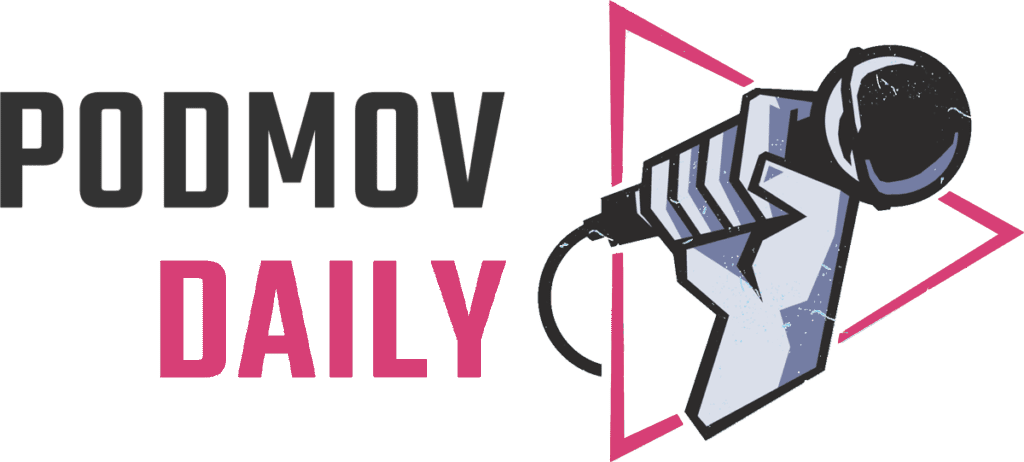
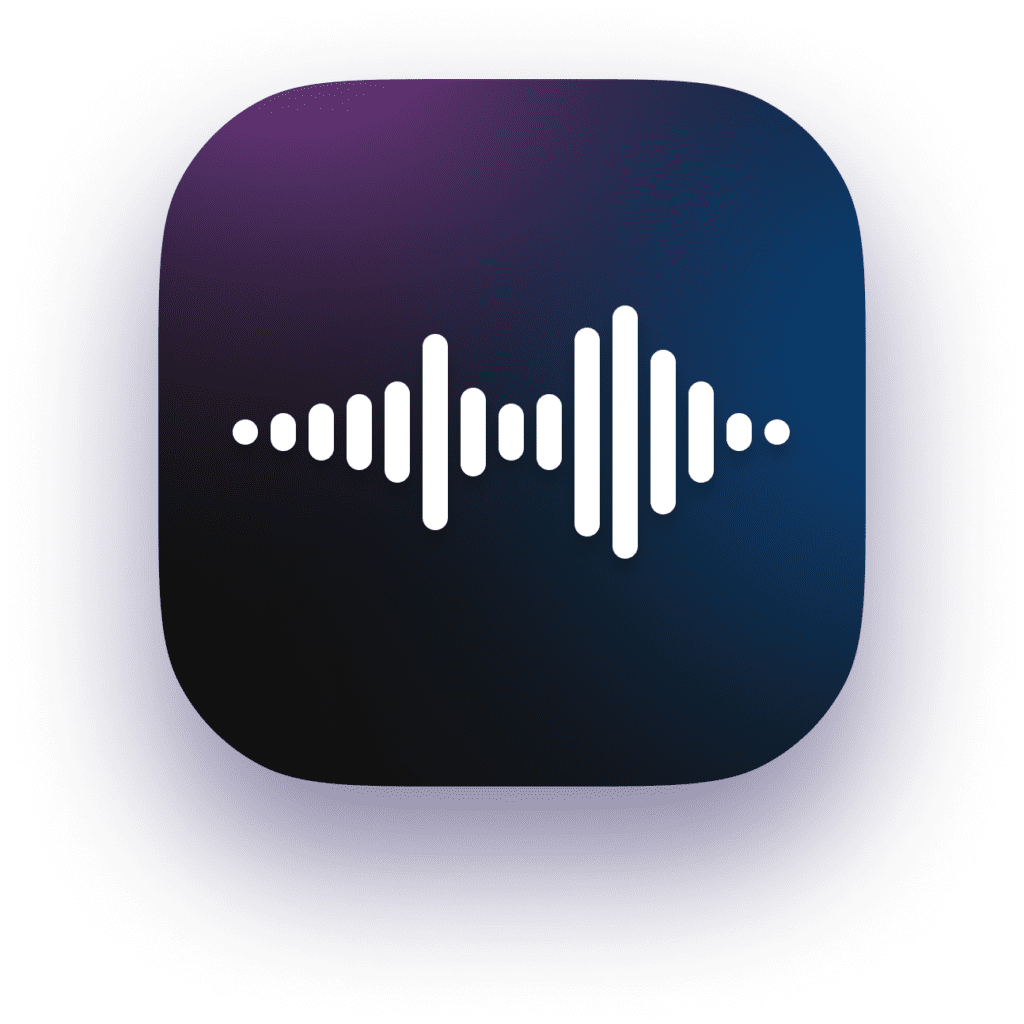
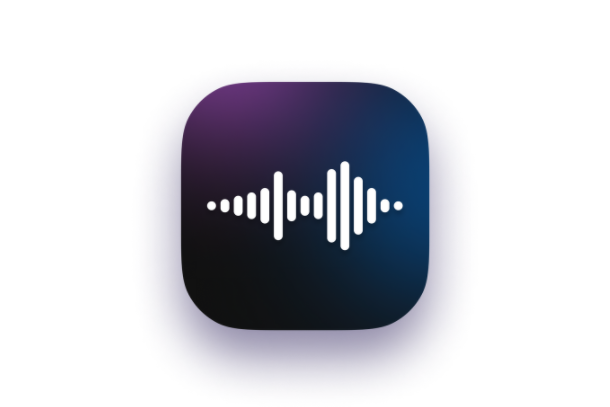

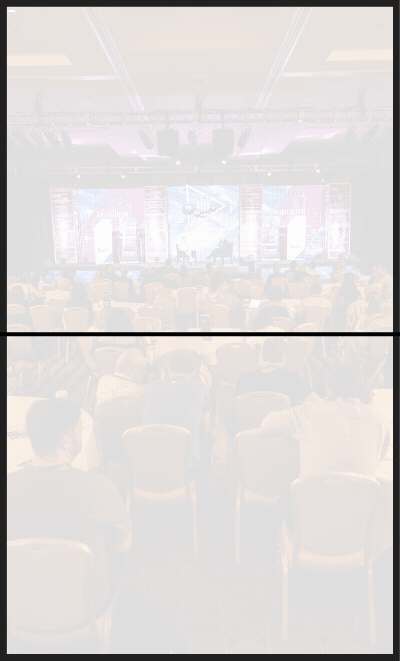


Join the Movement